Professor David Damrosch, the director of Harvard’s Institute for World Literature, fell in love with ‘a fictional realm that I’d never imagined’ in 1968. His English teacher, Miss Staats, gave him Laurence Sterne’s Tristram Shandy. This horizon-stretching Manhattan educator turns up again in another light towards the end of this book. A long-term girlfriend of Saul Bellow, Maggie Staats prudently said no when the novelist proposed to her. At this point, Damrosch has just told us that the hero of Bellow’s Henderson the Rain King remembers having ‘dreamed at the clouds from both sides’, so planting an idea in the young Joni Mitchell’s mind. You get the drift. Despite its Pelican livery, Damrosch’s lockdown project is no sobersided textbook. That accounts for its charm, and its flaws.
The pandemic deprived Damrosch of his jet-setting lifestyle as world-leading specialist in comparative literature — and a character from a David Lodge campus satire (‘events got cancelled in Chicago, Tokyo, the Netherlands, Heidelberg, Belgrade’). So, for 16 weeks in the summer of 2020, he posted a blog that toured the planet through 80 books. With some off-piste excursions, his itinerary roughly follows Phileas Fogg’s circumferential journey from and to the Reform Club in London, in Jules Verne’s 1873 novel.
Grouping his four-score works in 16 cities or regions, from London, Paris or New York to ‘Tehran-Shiraz’, ‘Brazil-Colombia’ or ‘The Antilles and Beyond’, Damrosch aims to pick works that ‘have responded to times of crisis and deep memories of trauma’. He finds timely tales of pestilence almost everywhere, from Boccaccio’s Decameron to Orhan Pamuk’s still untranslated latest, Nights of Plague. Yet this earnest professorial agenda crumbles at every compass point into personal anecdote, family history, scraps of arcane knowledge and lurching, knight’s-move leaps. Some of these work a treat: P.G. Wodehouse’s Blandings Castle, for example, resembles the ‘symbolist locales’ of Franz Kafka, with both settings pitched ‘somewhere between the realms of fantasy and realism’.
Although it does sometimes settle down into straightfaced exposition (of the polymathic Mexican nun Sor Juana Inés de la Cruz, or the Persian and Urdu ghazals of the Agra-born bard Ghalib), Around the World in 80 Books won’t serve as a crib for any comp-lit exam. Here, the Prof sheds his tie, loosens his braces and regales us with tales about his chosen volumes, their authors and (pretty often) the history of the Damrosch clan itself. His ancestor, the conductor Leopold Damrosch, knew Liszt; great-granddad founded the Juilliard School; father spread the Anglican gospel in the Philippines; great-aunt Helen toured the world as an artist-writer. Mount Desert Island in Maine, the site of the Damrosch summer retreat, has an entire chapter devoted to its bookish connections, from Marguerite Yourcenar to Hugh (Doctor Dolittle) Lofting — more than all of China gets.
Serious and scholarly in one entry, whimsical and wayward in the next (the Great Expectations essay dwells not on Dickens’s prose but the cover art of various editions), Damrosch can lead you to the house of wisdom or right up the garden path. Imagination bends his geography into weird shapes. Marguerite Duras’s The Lover surfaces not in Vietnam, its location, but Paris, where the author recast her Indo-Chinese childhood as part of a ‘decades-long palimpsest’ of memories. After an eloquent tribute to Derek Walcott’s Odyssean epic of St Lucian fisherfolk, Omeros, both Joyce’s Ulysses and Margaret Atwood’s The Penelopiad shift to the Caribbean. But Homer’s Odyssey, and Greece, appear nowhere on this post-modern map.
Damrosch even decides that one of his global tomes should not be a literary entity but the collected New York drawings of the cartoonist Saul Steinberg, framed as ‘one of the great American novels of their time’. As for the Congolese author Georges Ngal, I suspected the good professor of pulling a Shandean stunt and making it all up. Ngal’s satirical novella Giambatista Viko, with its spirited takedowns of both western cultural imperialists and African ethnic nationalists that ‘gave no comfort to any side’ in post-colonial debates, sounds almost too good to be true. But no: author and book really exist. I’m delighted, too, to make the acquaintance of the exiled Tibetan writer-activist Jamyang Norbu. His mystery The Mandala of Sherlock Holmes turns the Baker Street sleuth Buddhist (as a ‘mystical seeker’) and recruits the hyper-rational spy Hurree Chunder Mookerjee from another of Damrosch’s choices — Kipling’s Kim.
For Damrosch, Kipling ‘may well be the first truly global author’: almost from the first, he addressed a world-wide community of readers. Behind all his errant erudition and family folklore floats the shadow of a coherent argument about the route by which works, and writers, join the nebulous congregation Goethe began to call ‘world literature’ in the 1820s. On duty at Harvard, Damrosch has shed fresh light on that theme; here, it mutters at the edges of his stand-up show. Between St Mark’s and St Luke’s gospel, for example, changes in the way the evangelists present Jesus’s last words on the cross track the growing need of his followers to ‘tell a local story for a global audience’. And when, in the 1550s, Mayan scribes rewrote their hieroglyphic sacred text the Popul Vuh into the Roman script of their Spanish conquerors, they remade it as ‘a much fuller literary work’. They mourned the loss of an old world with the tools of its destroyers.
An expert in such couplings and crossings, Damrosch might have written a lay reader’s guide to the emergence of a global canon. Instead, his riffs across the literary atlas feel more like the ‘scattered oddments’ of reminiscence and reflection in another selection: Georges Perec’s W, or the Memory of Childhood. Damrosch’s warmth of voice and breadth of learning make him a charismatic captain on a voyage that starts in Mrs Dalloway’s West End and ends in Tolkien’s Middle-earth. Just don’t expect consistency when the skipper starts to yarn.
Got something to add? Join the discussion and comment below.
Get 10 issues for just $10
Subscribe to The Spectator Australia today for the next 10 magazine issues, plus full online access, for just $10.
You might disagree with half of it, but you’ll enjoy reading all of it. Try your first month for free, then just $2 a week for the remainder of your first year.

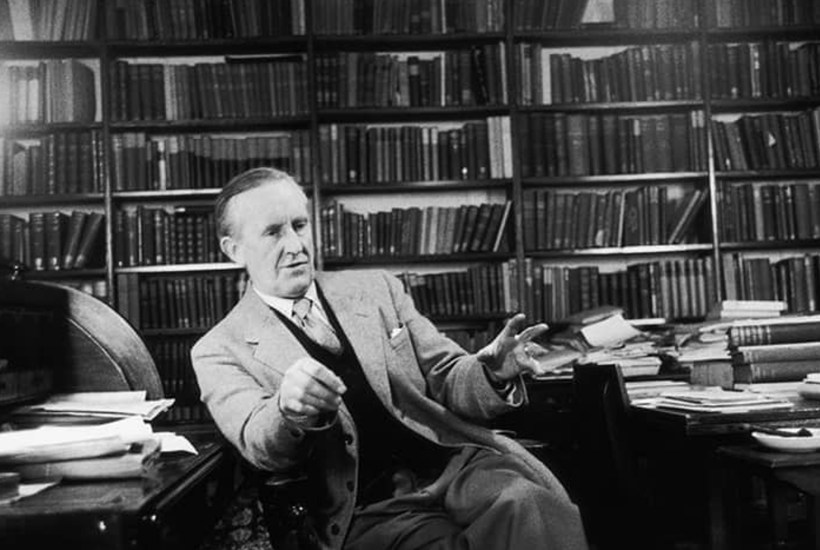
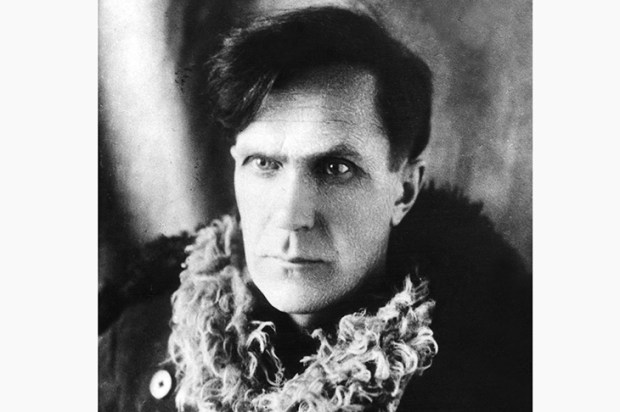
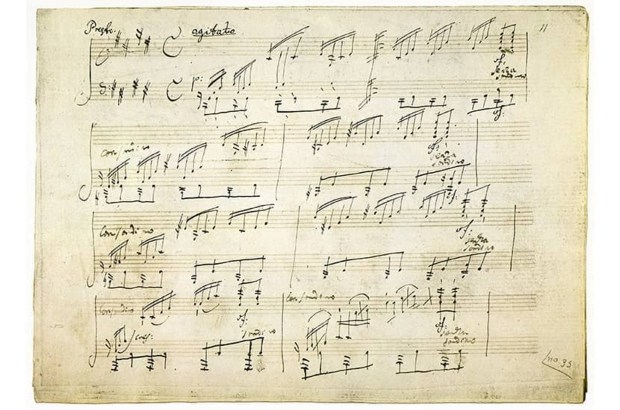


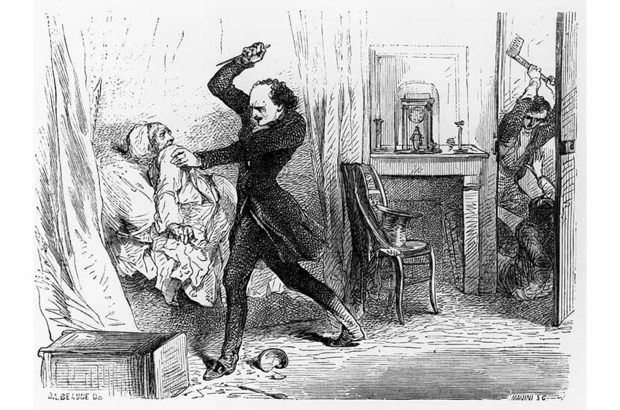
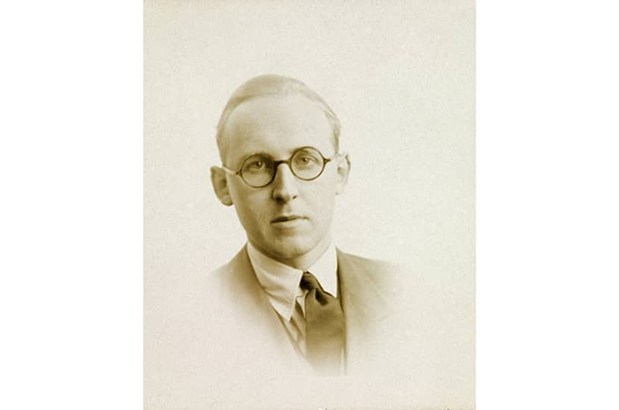






Comments
Don't miss out
Join the conversation with other Spectator Australia readers. Subscribe to leave a comment.
SUBSCRIBEAlready a subscriber? Log in